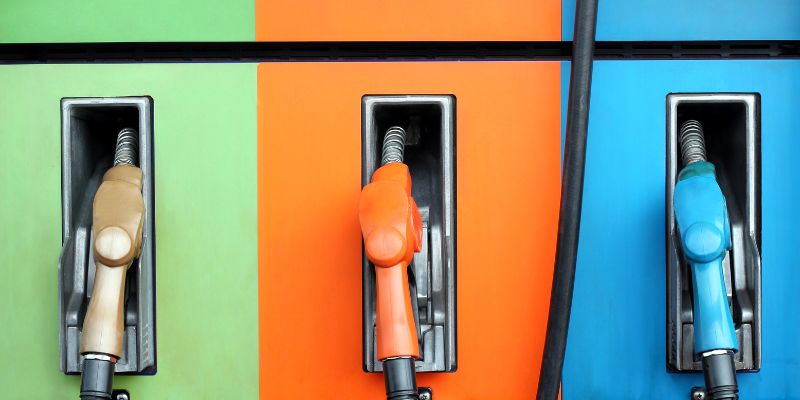Ethanol as an Alternative Fuel
Why do we Need Alternative Fuels?
The first true vehicle that was powered by a gas engine was built in Germany in 1876 and was patented on January 29, 1886, by Carl Benz. It was a simple one-cylinder two-stroke unit with an engine output of 0.75 HP. Following his commercial success, Benz dedicated his time to further developing the vehicle and pioneered the way for other gas-powered vehicles to follow suit. By the 1890’s, these cars were fully developed, and the principles of the automobile engine is still being utilized today.
Over the years, changes to the power and addition of various amenities such as air conditioning, power steering, power brakes, and automatic transmissions required greater gasoline consumption. With this, the quality of gas produced was also vital to the car’s performance. Adding to this, the environmental implications of drilling for oil contributed to air, land, and water pollution.
Gas powered vehicles yield exhaust gases that are harmful to our health and contain greenhouse gases that are believed to cause climate change. The combustion of gas and diesel fuel in the engines produce harmful byproducts such as nitrogen dioxide, carbon monoxide, hydrocarbons, benzene, and carbon dioxide. A solution to this, would be to drive a vehicle that does not require the burning of fuels and instead uses a cleaner alternative fuel.

Ethanol as an Alternative Fuel
Ethanol is a renewable fuel that can be processed from different plant materials commonly referred to as “biomass.” The ethanol biorefineries convert the grains, beverage, and food waste into biomass that is then made into ethanol as a fuel. Regardless of the feedstock Ethanol is produced from, corn grain or sugar cane, it has the same chemical formula.Currently, Ethanol is in more than 98% of U.S. gasoline and E10 (mixture of 10% Ethanol and 90% gas) reduces air pollution by oxygenating the fuel. Other gasoline-Ethanol mixtures exist in the form of E85, used in flexible fuel vehicles. Ethanol can be blended with gas since it has a higher-octane number, and is therefore more stable, which aids in the efficiency of the engine and reduction of carbon monoxide and nitrogen oxide emissions.
An important aspect of Ethanol is its ability to prevent engine knocking. Engine knocking occurs when the fuel burns unevenly in the engine’s cylinders. When there is a good balance of fuel to air, the fuel will burn in short, regulated intervals instead of at once. Each interval perpetuates the next one, continuing the cycle. Improper firing causes damage to the cylinders and pistons of the car and an audible noise. A way to mitigate engine knocking is the addition of Ethanol into the fuel. Due to Ethanol’s high octane and larger cooling capacity, it is commonly used in the automotive industry as an anti-knock agent.
The benefits of using Ethanol as an alternative fuel are plenty, however, it is less energy dense than gasoline. This means that a vehicle operating on purely Ethanol would require a far greater volume than it would operating on gas. The impact of Ethanol on the fuel economy is dependent on the concentration of Ethanol in a fuel mixture and whether the vehicle’s engine can be optimized to run on pure Ethanol.
< Back

